Stay up-to-date on the latest announcements, events, and research highlights from NINR.

Join the National Institutes of Health Office of Nutrition Research on September 12-14 and 19-20 2022, for the Malnutrition in Clinical Settings: Research Gaps and Opportunities workshop.
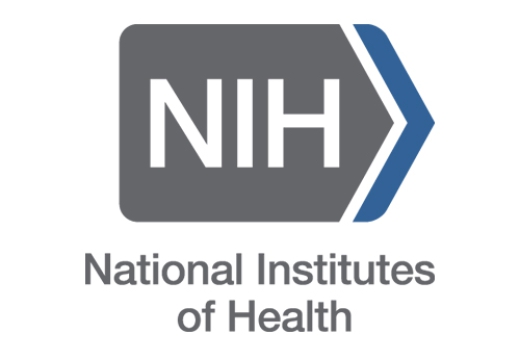
The NIH Offices of Science Policy (OSP) and Extramural Research (OER) are co-hosting a webinar series focused on implementing the NIH Data Management and Sharing (DMS) Policy. In this webinar series, NIH policy experts will break down what the policy means for stakeholders and help the community get ready to successfully implement the policy when it takes effect on January 25, 2023.
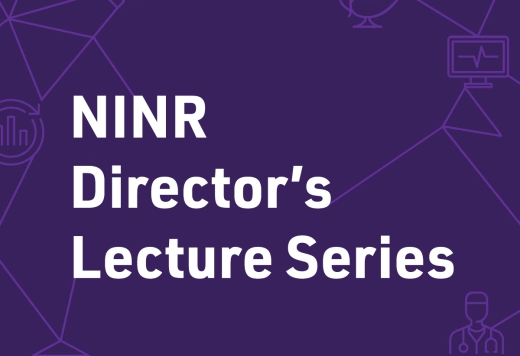
The video recording of NINR's first Director’s Lecture of 2022 is now available to view. On July 12, 2022, Dr. Vincent Guilamo-Ramos and Dr. Brian Castrucci presented research priorities and the practice and policy implications of nursing research through the social determinants of health lens.
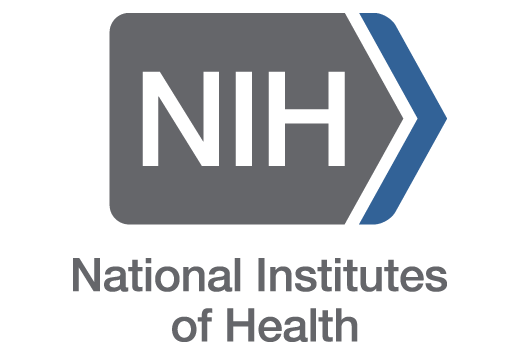
In the newly published JAMA Viewpoint, “Research Opportunities to Address Nutrition Insecurity and Disparities,” NIMHD Director Dr. Eliseo Pérez-Stable, along with Acting NIH Director Dr. Larry Tabak and NINR Director Dr. Shannon Zenk, discuss the challenges, complexities, and potential opportunities to address diet-related health disparities.

The NINR is providing an opportunity for grantees to participate in an online entrepreneurial education platform aimed at teaching academic innovators methods to assess the commercial value of their biomedical technologies through our commercialization assistance program, Concept to Clinic: Commercializing Innovation (C3i) Education.
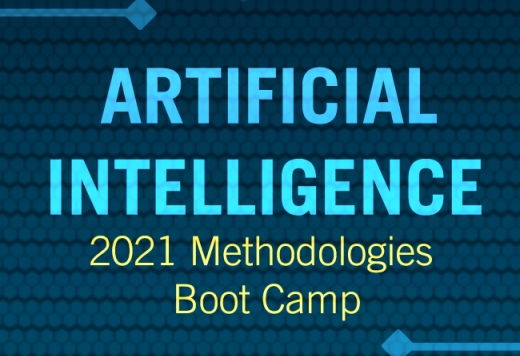
Video of the 2021 NINR Artificial Intelligence Boot Camp is now available to view.

On September 14, 2021, Dr. Mi-Kyung Song presented “Addressing One of the Most Enduring Challenges in Health Care: End-of-Life Decision Making.” Video from the event is now available.

Registration for NINR’s Artificial Intelligence Boot Camp is now open.
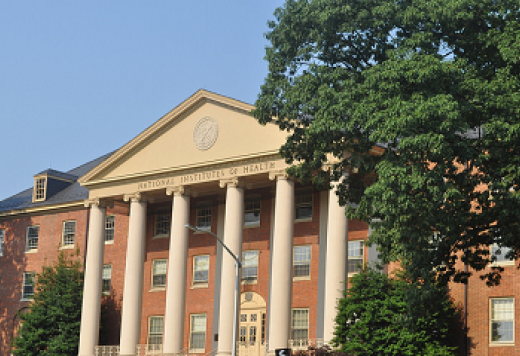
NIH Director Dr. Francis Collins, White House Office of Science and Technology Policy Director Dr. Eric Lander, and other leaders have published a commentary which describes a vision for a new science entity, the Advanced Research Projects Agency for Health (ARPA-H).





